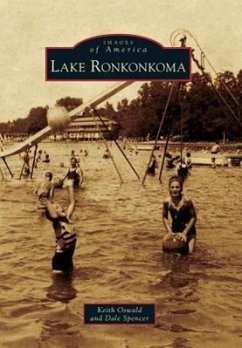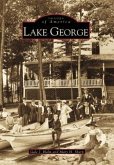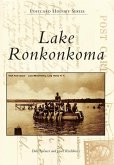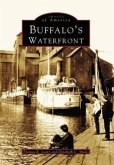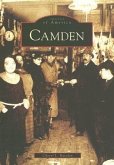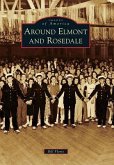Lake Ronkonkoma, located in the center of Long Island, became a summer destination for wealthy New Yorkers with the arrival of the railroad in 1843. Luxurious hotels were built around the lakeshore during the 1890s to attract visitors. People would utilize the sparkling waters of the lake for boating, fishing, and swimming. At night, hotel guests could dance, gamble in the casino, and enjoy sumptuous meals. By the 1920s, as more people could afford automobiles, beach pavilions began decorating the shoreline of Lake Ronkonkoma. Thousands of people were flocking to this summer paradise. Canoeing, camping, dancing to live music, beauty contests, and fireworks entertained visitors. The area continued to grow in popularity until World War II when gas rationing limited travel. By the 1950s, Lake Ronkonkoma had become a town populated by year-round residents.
Bitte wählen Sie Ihr Anliegen aus.
Rechnungen
Retourenschein anfordern
Bestellstatus
Storno

